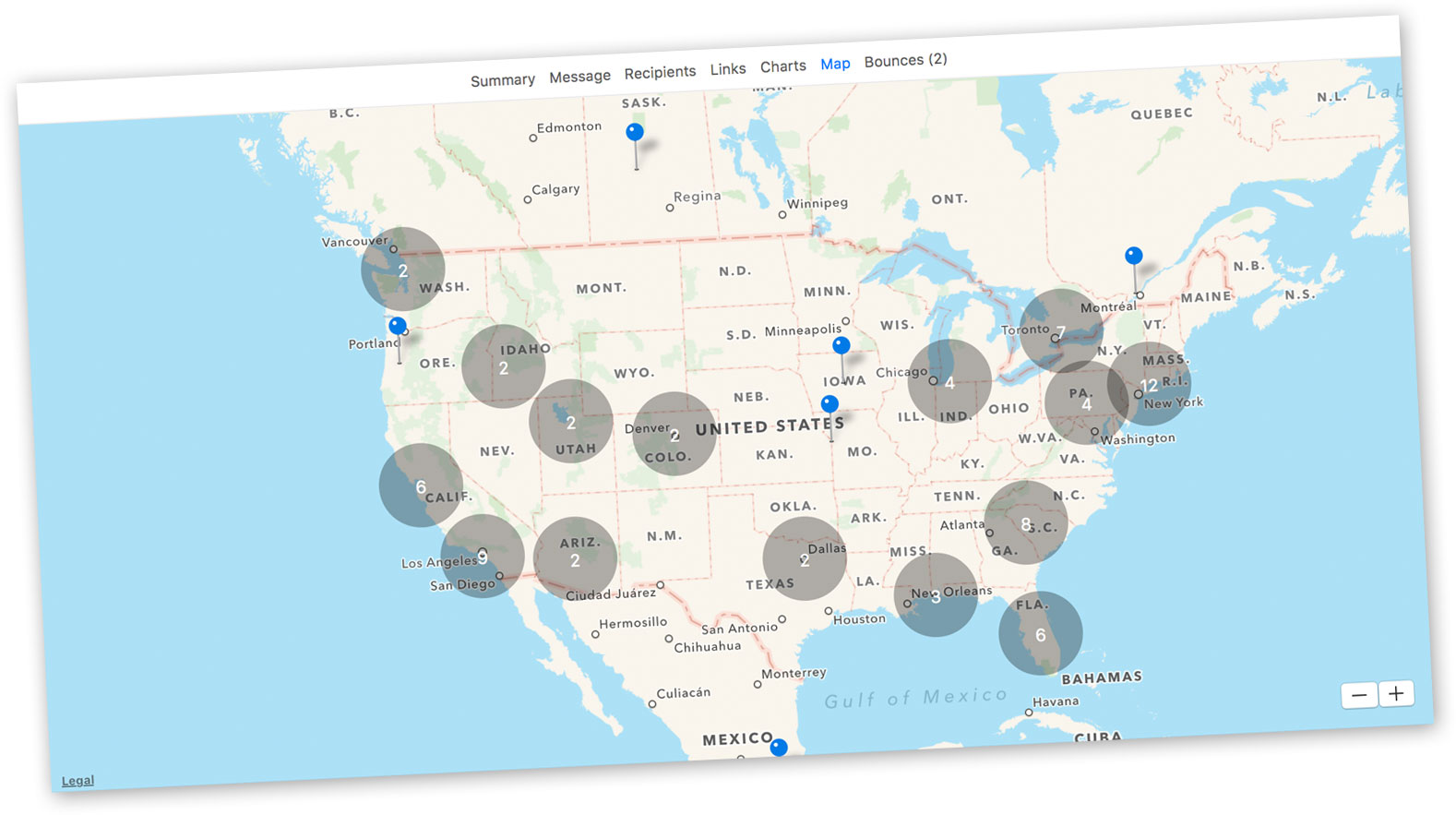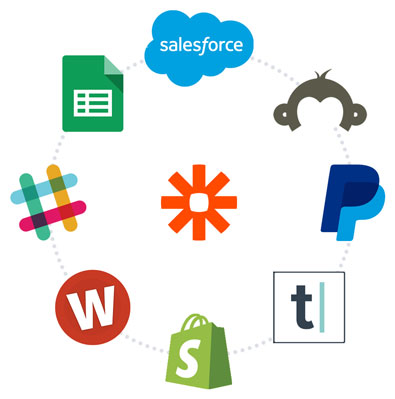A couple of weeks ago we sent out a survey to learn more about what you think of Direct Mail and what you would like to see improved. We send our utmost thanks to all who responded! We read every response and can’t wait to incorporate your ideas and feedback into future versions of Direct Mail.
One of the questions we asked in our survey was “if you could improve one thing about Direct Mail, what would it be?”. This question prompted lots of great new feature ideas, but one thing that surprised us was that some of the suggestions were actually already features available in the current version of Direct Mail. This taught us that we can do a better job of informing and educating our users about the breadth and depth of features in Direct Mail.
If you’d like to stay up on what’s new with Direct Mail, one of the best ways to do that is to subscribe to our newsletter. We’ll always let you know about important updates and new features via the newsletter (and this blog). Our Facebook page and Twitter feed are good sources for relevant news, too.
Yes, Direct Mail can do that!
Here’s a short list of some of the things that you asked for that (happily) already exist. Yes, Direct Mail can do that!
Can I share my project with a co-worker or my team? Can I sync it across all my Macs?
Yes! Using our new cloud feature, you can access your Direct Mail project from all your devices and share it with your entire team. Changes are synced automatically across all your Macs in real-time. Works online and offline. Learn more
Can I automate my emails or set up a drip campaign?
Yes! Using our new autoresponder feature, you can automate your email campaigns based on a variety of triggers. For example, send an automated email when someone signs up to your list, or clicks a link in your newsletter, or on their birthday. Learn more
Can I compare email campaign reports with each other?
Yes! In the Reports tab, simply select two or more campaign reports (hold down the command key and click to select more than one campaign). You’ll see a comparison report appear that gives you the breakdown on which campaign performed better across a variety of metrics.
Do you have an API available?
Yes! You can use our REST API to access and update any of your projects that are saved in the cloud. Consult the documentation for details, or use our Zapier app to set up powerful integrations with hundreds of other web apps—no programming required!
Can I schedule sends without tying up my laptop? Can I send more than 250 emails per hour?
Yes! When you send email using our built-in e3 Delivery Service, your email is sent instantly (or at the time you schedule) without tying up your computer—it doesn’t even have to be powered on. Our servers handle the whole process for you so you can move on to the other important tasks in your day.
Can I personalize my email with each recipient’s first name, for example “Hi, Mike”?
Yes! You can use Direct Mail’s mail-merge tags to add first names, last names, company names, and up to 15 other custom fields to your emails. You can even use powerful if-else logic to dynamically alter the content of your email for each recipient. Click here to learn more.
Can I test what my email looks like in different email clients using Litmus?
Yes! You can use Design Tests to view full-size screenshots of what your email looks like in over 30 popular email clients (including mobile, web-mail, and Windows email clients). Just choose Message > New Design Test from the menu bar at the top of your screen.
Can I export my campaign reports?
Yes! There are two really convenient options for exporting your campaign report:
- If you’d like to share a live-updating campaign report that can be viewed in any web browser, click here to learn how.
- If you’d like to export campaign report data as a CSV or PDF file, click here to learn how.
Can I drag and drop email addresses from Apple Mail?
Yes! Start by dragging the email address from Apple Mail and then drop it into your address list in Direct Mail. Here’s a short video clip that demonstrates how to do it.
Can I import email campaigns from Microsoft Word?
Yes! You can import message content from a variety of sources, including Microsoft Word and web pages. Just choose Message > Import from File from the menu bar at the top of your screen. It’s worth mentioning that the formatting in Microsoft Word does not always 100% translate over to HTML (the formatting language used for emails). Instead, we suggest building your emails in Direct Mail itself using one of its built-in templates as a starting point.
Can Direct Mail inline my CSS automatically?
Yes! Direct Mail automatically inlines all CSS before your email is sent (and performs other optimizations). You can control this feature in the Preferences window. Use the Preview window in HTML Source mode if you’d like to preview what your inlined CSS will look like.
But what about…
Don’t see the feature you were hoping for listed above? Please take a moment to consult our documentation or contact our support team. If it’s already possible, they’ll let you know. If not, they’ll make sure it gets considered for a future update to Direct Mail.
Thank you again for taking the time to complete our survey and share with us your feedback. Our door is always open and we welcome any comments or questions that you might have. Here’s to an exciting year ahead!


